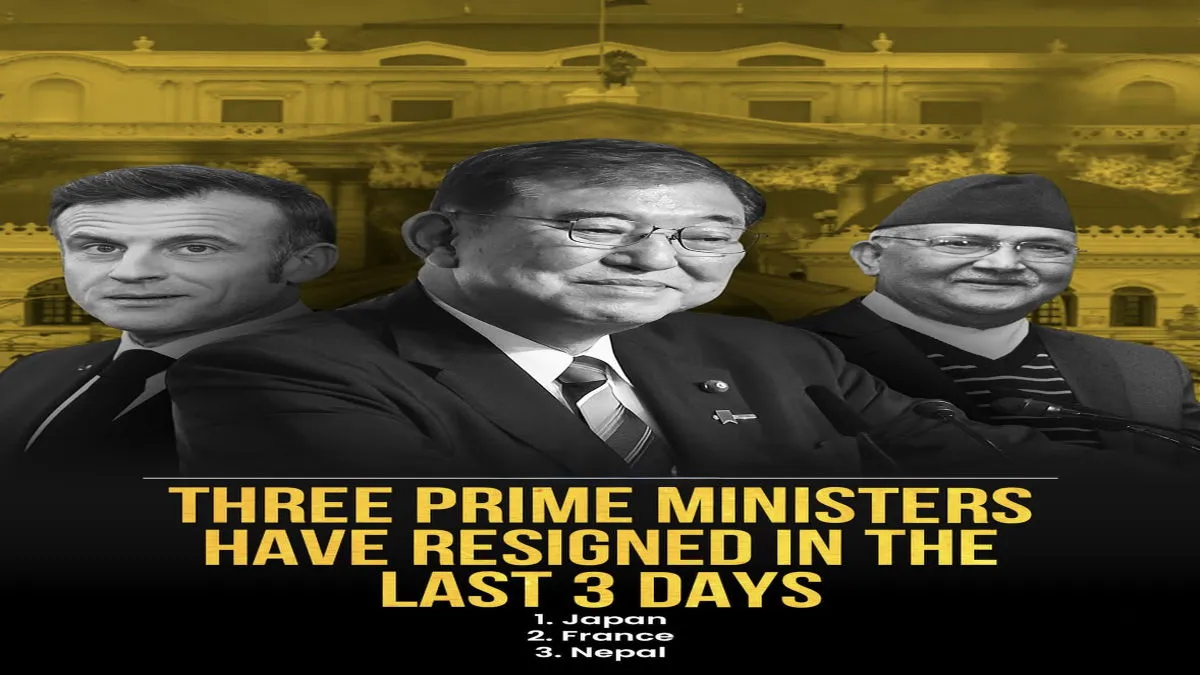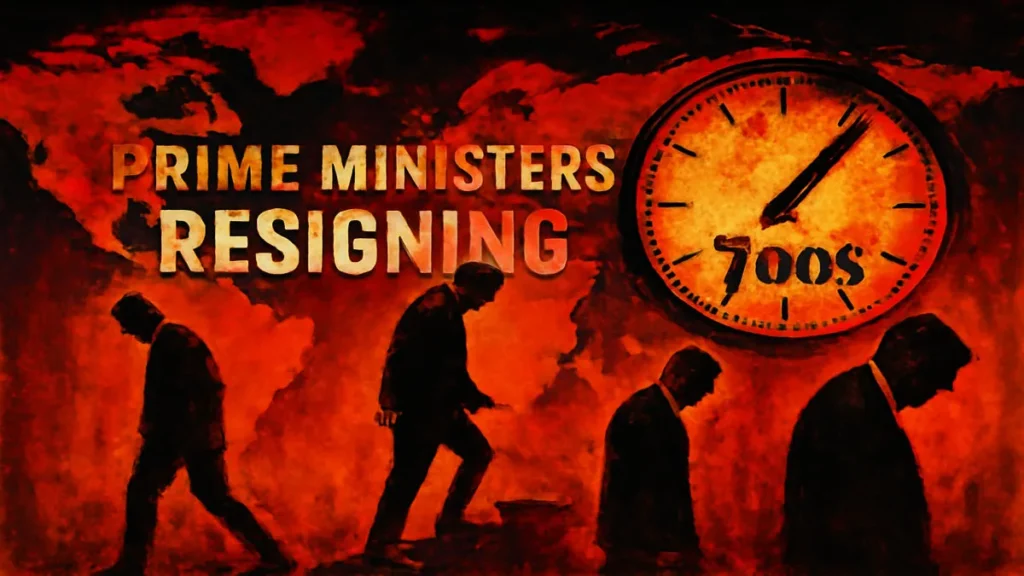Neeraj is a dedicated content writer specializing in agricultural schemes, government policies, and rural development in India. With extensive knowledge of the Pradhan Mantri Yojanas and related programs, Neeraj aims to provide clear, accurate, and up-to-date information to help farmers and citizens access government benefits effectively. Passionate about empowering rural communities through informative content, Neeraj is a Content writer at CWB Hindi News, brings expertise in simplifying complex topics for easy understanding.



1 thought on “In Just 7 Days, 3 Prime Ministers Resign: What’s Happening in Global Politics?”